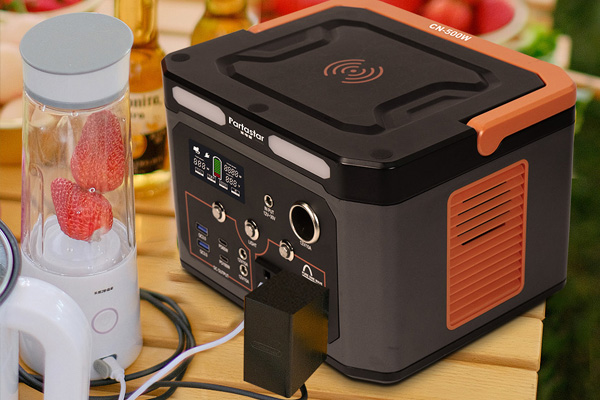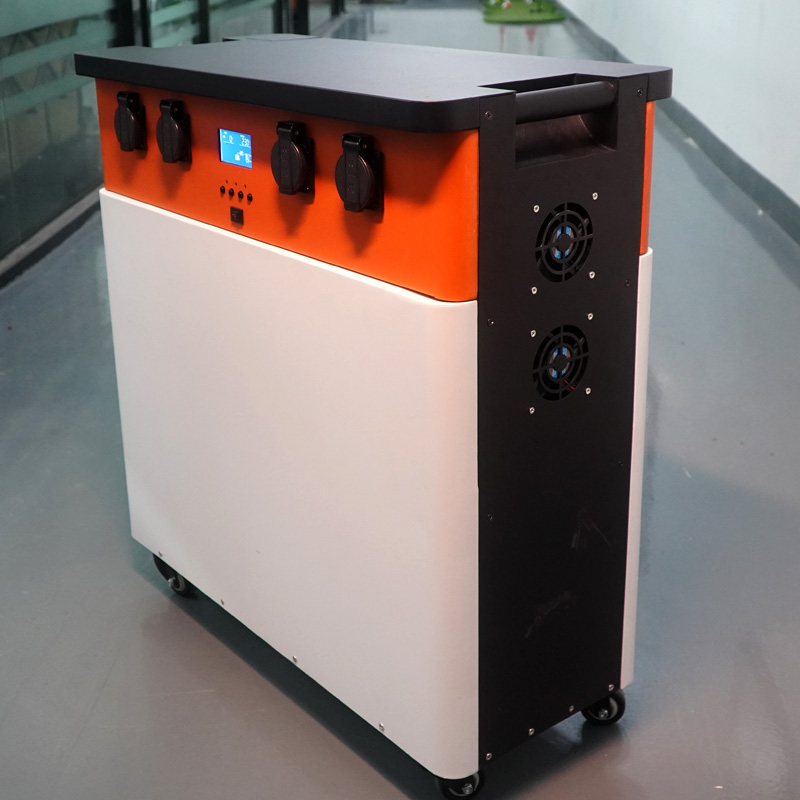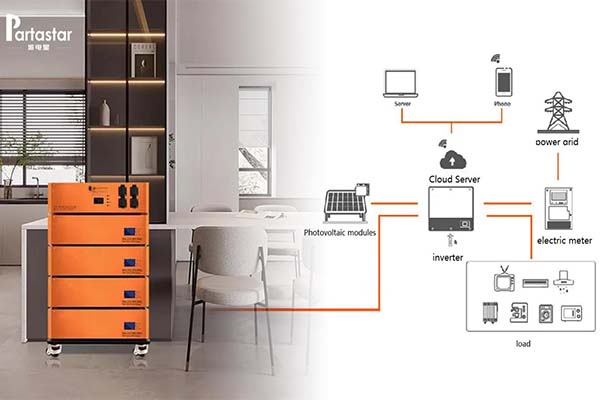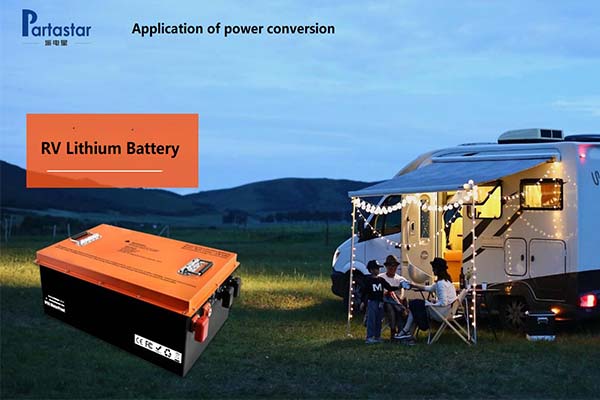Storing your battery-powered generator properly is essential to maintain its performance and extend its lifespan. A well-maintained generator can provide reliable backup power when you need it and prevent costly repairs. In this article, we'll discuss how to store your battery-powered generator.
1. Clean the Generator
Before storing your generator, it's essential to clean it thoroughly. Use a soft cloth or brush to remove any dirt or debris from the generator's exterior. Avoid using water or harsh cleaning chemicals, as these can damage the generator.
2. Check the Battery Level
Check the battery level before storing the generator. If the battery level is low, charge the battery before storing the generator. This will ensure that the battery is fully charged and ready for use when you need it.
3. Empty the Fuel Tank
If your generator runs on gasoline, it's essential to empty the fuel tank before storing the generator. Gasoline can deteriorate over time, causing damage to the generator's engine. Additionally, gasoline is highly flammable, and storing a generator with a full fuel tank can be dangerous.

4. Change the Oil
If your generator has an oil reservoir, it's essential to change the oil before storing the generator. Old oil can become contaminated and cause damage to the generator's engine. Follow the manufacturer's instructions on how to change the oil properly.
5. Store the Generator in a Dry Place
Store the generator in a dry place to prevent moisture from damaging the generator's components. Moisture can cause rust and corrosion, reducing the generator's lifespan. Avoid storing the generator in areas with high humidity or near water sources.
6. Store the Generator in a Well-Ventilated Area
Store the generator in a well-ventilated area to prevent the buildup of harmful fumes. Carbon monoxide is a colorless, odorless gas that can be deadly if inhaled in large quantities. Always store the generator in an area with plenty of ventilation, such as outdoors or in a well-ventilated garage.
7. Cover the Generator
Cover the generator with a protective cover to prevent dust and debris from accumulating on the generator's components. This will help keep the generator clean and prevent damage to the generator's exterior.
8. Perform Regular Maintenance
Performing regular maintenance on the generator is essential to ensure that it's ready for use when you need it. This includes checking the battery level, charging the battery, and checking the generator's components for signs of wear and tear. Follow the manufacturer's instructions on how to perform maintenance tasks properly.
Conclusion
Storing your battery-powered generator properly is essential to maintain its performance and extend its lifespan. Before storing the generator, clean it thoroughly, check the battery level, empty the fuel tank, change the oil, store the generator in a dry and well-ventilated area, cover the generator, and perform regular maintenance. By following these guidelines, you can ensure that your generator is ready for use when you need it and prevent costly repairs.



